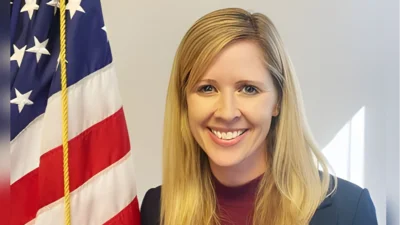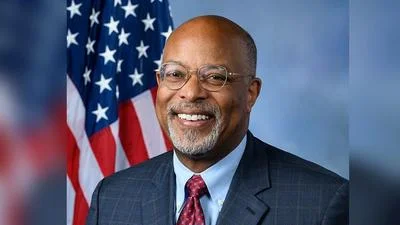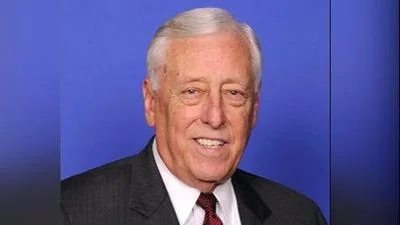Matt Morgan, State Delegate, Maryland General Assembly | X
Matt Morgan, State Delegate, Maryland General Assembly | X
Matt Morgan, a delegate in the Maryland General Assembly, said that he personally intervened to halt the state's planned clean-car mandate. This action prompted Governor Wes Moore's delay and what Morgan described as a subsequent cancellation by President Donald Trump. Morgan shared this statement on X.
"Maryland's Clean Car Mandate was set to take effect in August 2026, requiring 43% of all vehicle sales to be electric," said Morgan, State Delegate. "I took action by holding a bill on the House floor that aimed to cement the mandate into Maryland law. By holding the bill, we effectively stopped it in its tracks, leading Governor Moore to issue an executive order the very next day. Today? President Trump officially ended it. This is a victory for freedom and choice."
According to the White House, on June 12, 2025, President Trump issued a statement revoking California's Advanced Clean Cars II waiver and ending federal approval for states to impose electric vehicle (EV) sales mandates. The administration expressed concerns that such mandates restricted consumer choice and created economic burdens by limiting access to traditional gasoline-powered vehicles. This decision effectively halted the ability of states like California and Maryland to enforce stricter vehicle emissions standards beyond federal requirements.
Maryland Matters reported that in January 2025, implementing aggressive EV sales mandates would be significantly complicated by federal opposition, especially following the Trump administration's rollback efforts. Lawmakers and industry representatives voiced concerns that such mandates could increase costs for consumers and reduce market flexibility, particularly as the federal government moved to block these regulations. The potential for conflicting state and federal policies raised uncertainty about the future of EV requirements in Maryland.
A commentary from Maryland Matters on April 19, 2025, highlighted significant reliability and cost issues with the state's utility-run EV charging program, contrasting it with better-performing private charging networks. Critics of the mandate argued that continued expansion of state-sponsored charging infrastructure would divert resources from more effective solutions and burden consumers with unnecessary expenses. The discussion surrounding the rollback of mandates emphasized reassessing government-driven EV infrastructure investments.
Morgan is a lifelong resident of Southern Maryland who grew up working on his family’s tobacco farm before becoming a champion drag racer and building a career in construction cost estimating, IT systems, and real estate. Motivated by government regulation impacts on his community, Morgan became active in politics and was elected to the Maryland House of Delegates in 2014. He represents St. Mary’s County and serves on the House Health and Government Committee. He is known for his advocacy on pro-business issues, commitment to conservative values, and dedication to serving constituents through community engagement and public service.






 Alerts Sign-up
Alerts Sign-up